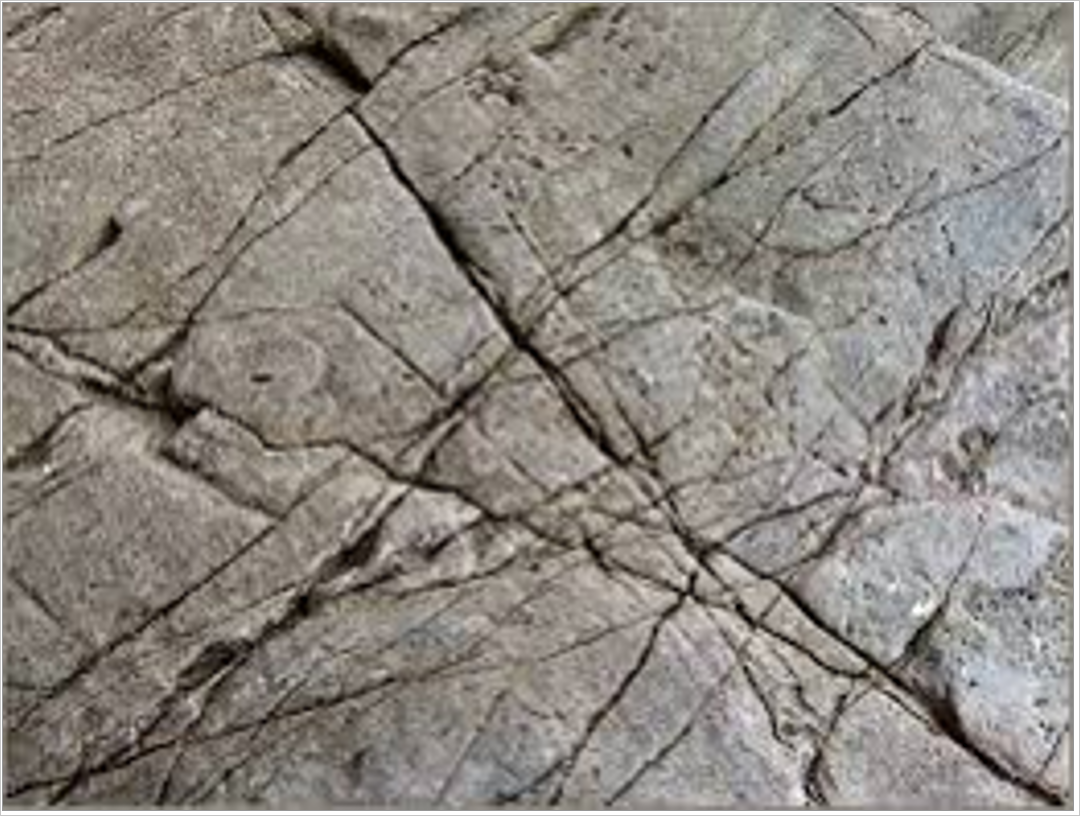- Home
- About
- Academics
- Courses
- Undergraduate
- Graduate
- Alumni
- Career Guidance
- Giving
- Research
- Resources
- Stat Consulting Center
- Directory
- Contact Us
Statistics Colloquium
October 26, 11 a.m.
Alavi Commons Room, 6625 Everett Tower
Donald 'Matt' Reeves
Associate Professor, Department of Geological and Environmental Sciences
Director of the Hydrogeology Field Course and Certificate Program in Applied Hydrogeology
Western Michigan University
Abstract:
Networks of interconnected fractures provide pathways for fluid flow and contaminant migration in otherwise low permeability rock. Fractures are spatially continuous, two-dimensional features that exhibit strong variability in geometrical and hydraulic properties. This variability is a result of the complex interplay between current and past stress fields, rock mechanical properties, mechanical fracture interaction, and distributions of flaws or weakness in a rock mass. Full characterization of fractured rock networks is not possible since known fracture locations and their attributes consist of an extremely small subsample of the overall fracture network. Fracture data, however, can be used to generate representative, site-specific discrete fracture networks (DFN) through the derivation of probabilistic descriptions of fracture attributes such as location, orientation, spacing, length, aperture, transmissivity, and values of network density. These DFN provide a basis for quantifying fluid flow and assessing the migration potential of contaminants within rock. This talk will focus on the use and development of probabilistic approaches to statistically analyze and stochastically reproduce DFNs and identify how specific fracture attributes influence fluid flow and contaminant migration.

Bio:
Dr. Matt Reeves received a Ph.D. in Hydrogeology in 2006 from the University of Nevada, Reno and is currently an Associate Professor and Director of the Hydrogeology Field Course and Certificate Program in Applied Hydrogeology in the Department of Geological and Environmental Sciences at Western Michigan University. Dr. Reeves’ research involves the investigation of fluid flow, heat and solute transport in various types of geologic media, with a specialty in fractured rock systems. His research has been applied to various problems, including assessing impacts of climate change on water resources, contaminant transport and remediation, geological waste disposal, hydraulic fracturing for oil and gas, geothermal energy and surface water – ground water interaction.
---
All statistics graduate students are expected to attend.